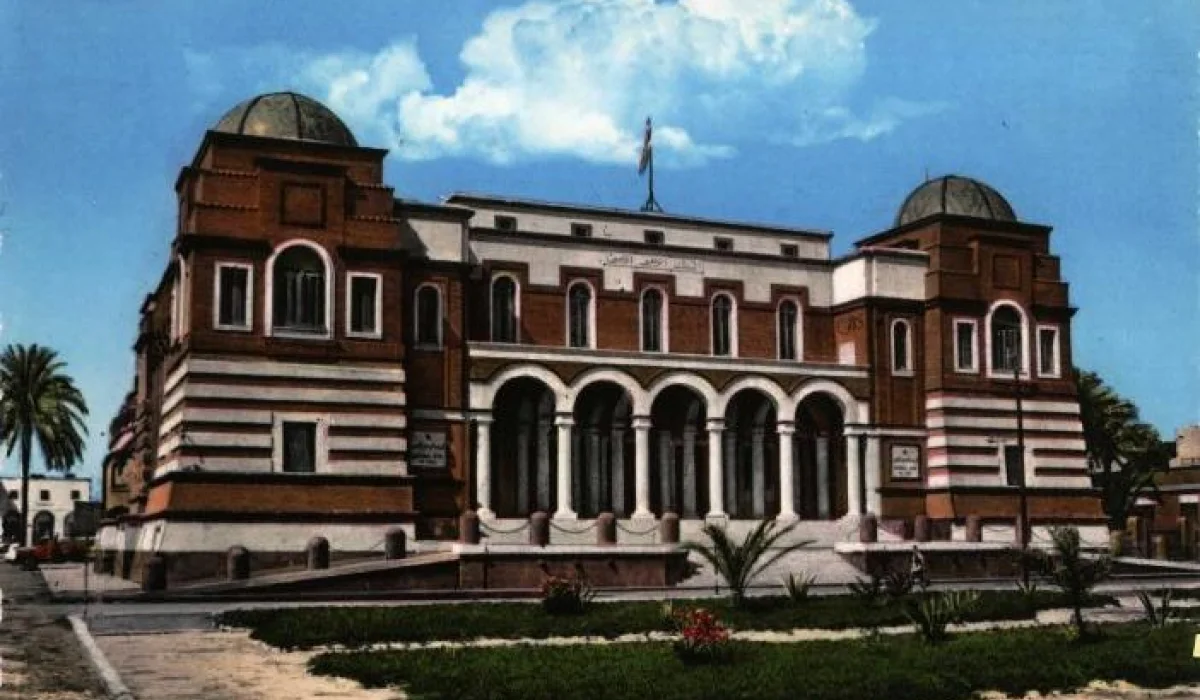Our source has exclusively obtained a decision from the Government of National Unity regarding the establishment of the National Housing and Real Estate Development Program. The program will have independent legal and financial status, with its headquarters in Tripoli, and will operate under the authority of the Council of Ministers.
According to the decision, the program aims to promote spatial development, invest in the housing sector, address housing shortages, and contribute to Libya’s economic and social development. It will develop real estate investment programs for urban communities by utilizing necessary funds and completing previously contracted housing projects through investment outside the state’s general budget. Additionally, it will work to establish a sustainable model for real estate development and investment to provide suitable housing for citizens and develop urban plans for new residential projects.
The program will be responsible for implementing national and regional housing policies, coordinating with relevant entities to execute housing projects, preparing and managing project budgets, and ensuring timely completion. It will also determine priorities for ongoing and planned housing and public infrastructure projects while overseeing their execution, either directly or through specialized consulting firms and real estate developers.
Furthermore, the program will conduct cost studies for housing projects, propose cost-saving measures, and introduce financial solutions for real estate investment by engaging with banks and private and public financial institutions. It will also facilitate loans and financial support for real estate developers and investors while securing land for new housing developments in coordination with relevant authorities.
The program has the authority to own, sell, mortgage, lease, and transfer assets in accordance with legal frameworks. It can also collaborate with local and international developers and investors to achieve its objectives. Additionally, previously contracted housing projects under other government entities and the Savings and Real Estate Investment Bank will be transferred to the program through decisions issued by the Prime Minister.
State-owned lands allocated for public housing projects will also be transferred to the program, and expropriated lands for public benefit will be registered under the state’s name. The program has the right to manage these lands through sale, lease, or partnership with developers and investors in line with existing legal agreements.
The Libyan state will fund infrastructure projects for housing developments under the program through the development budget. The program will be managed by a general director appointed by the Prime Minister and will operate with an independent budget prepared according to applicable accounting standards.
Its financial resources will include a percentage of real estate development contracts signed with investors, revenues from its activities, authorized loans and grants, budget allocations, and other approved funding sources. The program’s fiscal year will align with the state’s financial calendar, with its first year starting from the date of the decision and ending with the following fiscal year. It will also have one or more bank accounts within Libya for managing its funds, in compliance with applicable regulations.

















